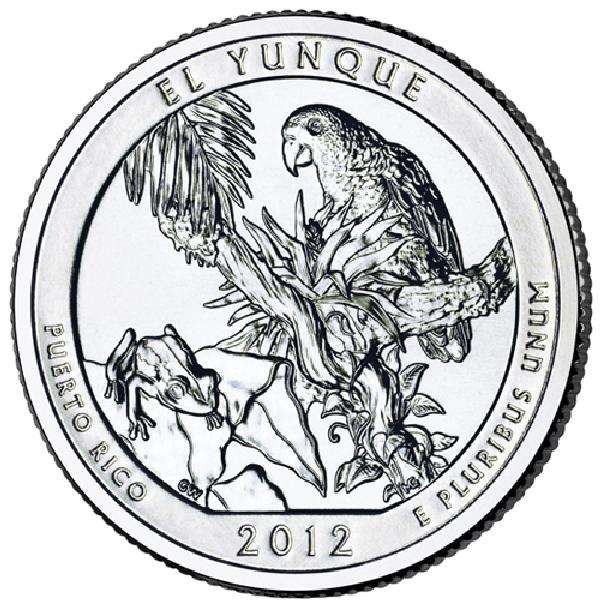Arthropods, invertebrates including insects that have external skeletons, are declining at an alarming rate. While the tropics harbor the majority of arthropod species, little is known about trends in their abundance. We compared arthropod biomass in Puerto Rico’s Luquillo rainforest with data taken during the 1970s and found that biomass had fallen 10 to 60 times. Our analyses revealed synchronous declines in the lizards, frogs, and birds that eat arthropods.
Source:
Bradford C. Lister and Andres Garcia
PNAS October 30, 2018 115 (44) E10397-E10406; published ahead of print October 15, 2018 https://doi.org/10.1073/pnas.1722477115

- Login om te reageren

Neonicotinoids
Hladik and Kolpin (2016) measured neonicotinoid concentrations in 38 streams from 24 US states plus Puerto Rico. Five neonicotinoids (acetamiprid, clothianidin, dinotefuran, imidacloprid, thiamethoxam) were recorded with at least one compound found in 53% of sampled streams, with an arithmetic mean contamination of 0.030 μg/L and median contamination of 0.031 μg/L.
Reference:
Hladik, M.L. and Kolpin, D.W. (2016) First national-scale reconnaissance of neonicotinoid insecticides in streams across the USA. Environmental Chemistry, 13, 12-20